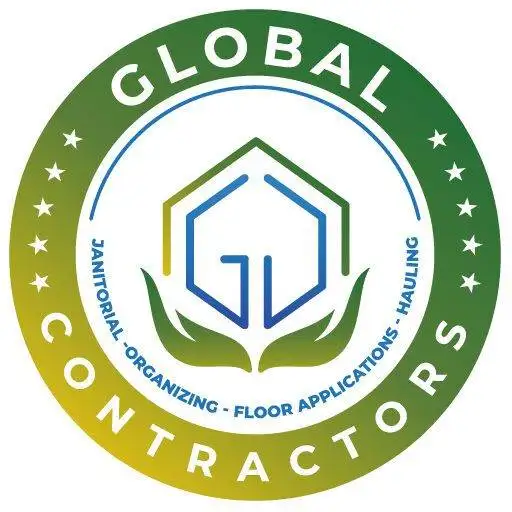
Research shows that “time is money,” and effective organization in the workplace can significantly boost performance. In today’s fast-paced world, organization plays a critical role in maximizing both personal and workplace performance. Whether it’s decluttering your desk or streamlining team workflows, effective organization can lead to significant improvements in productivity and overall well-being.
Organization is crucial for enhancing productivity and well-being, both personally and in the workplace.
Studies indicate that organized workspaces lead to a 20% increase in productivity, as employees spend less time searching for materials and more time focusing on tasks. Establishing clear work routines can also enhance efficiency, reduce stress, and improve overall job satisfaction.
When we have structured schedules, we can prioritize tasks better, leading to more timely project completion and higher quality work. Additionally, a clutter-free environment promotes creativity and focus, which are essential for innovation.
To promote our own potential, and/or the potential of your team, consider implementing organization strategies and encouraging routine development.
The best-selling author and executive coach Dr. Don Gilman talks about how we can make the most of our time by getting a grip on our time management workflow, and give more structure to our work environment. He recommends that we use strategic-planning tools more effectively, that we delegate some work to others, and that we get more strategic about managing our email inbox. The implementation of the above strategies will help us reach our work goals and achieve (or at least improve) peak performance.
Check these facts about how staying organized makes a significant difference:
1. Increased Productivity
- Boost in Output: Organized individuals can be up to 25% more productive.
- Time Loss: Disorganization can waste about 21% of an employee’s time each week, roughly 11 hours spent searching for items.
2. Better Mental Clarity
- Improved Focus: Research shows that people in tidy environments perform 26% better on tasks compared to those in cluttered spaces.
3. Enhanced Time Management
- Meeting Deadlines: 90% of people say that being organized helps them prioritize tasks effectively, leading to better time management.
4. Reduced Stress
- Lower Stress Levels: Organized environments can lead to a 30% decrease in stress, as clutter often contributes to higher cortisol levels.
5. Improved Team Collaboration
- Effective Teams: Teams that use organizational tools are 25% more effective in completing projects, enhancing communication and performance.
6. Higher Job Satisfaction
- Employee Morale: Employees with good organizational tools are 50% more likely to report higher job satisfaction, leading to a positive work atmosphere.
7. Long-term Success
- Goal Achievement: Individuals who prioritize organization are 12% more likely to reach their long-term goals.
Conclusion
The benefits of organization extend far beyond mere tidiness; they encompass improved productivity, mental clarity, stress reduction, and enhanced collaboration. By adopting effective organizational strategies, individuals and teams can unlock their full potential, foster a more productive, and fulfilling work environment.
